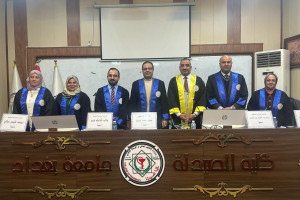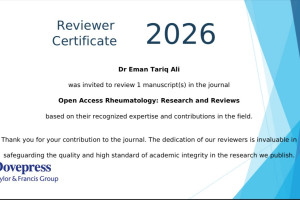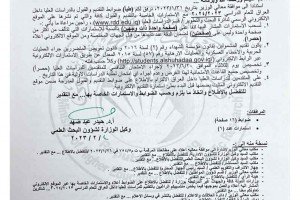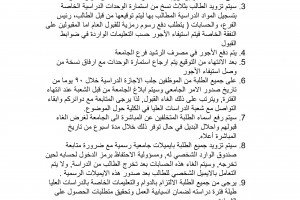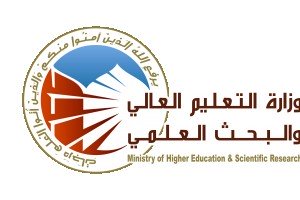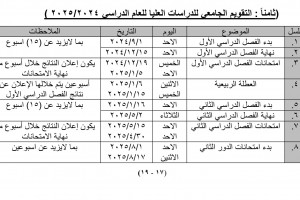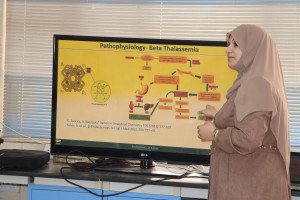
A master's thesis in the Department of Pharmacognosy and Medicinal Plants at the College of Pharmacy at the University of Basrah examined (Extraction and Identification of Rosmarinic Acid from Two Species of The Lamiaceae Family with Studying of Some Biological Activities In vivo and invitro) by Faten Essam Hussein. The study dealt with two types of plants of the oral family, mint and rosemary of medical and economic importance for the study of rosmarinic acid in both types. In vivo biological activities, which included topical anti-inflammatory, antioxidant, and anti-bacterial, in addition to studying the anti-cancer activity using MC-F7 tumor cells by MTT assay. Where it was found that rosmarinic acid in mint is higher than in rosemary and that the method of extraction by Reflux and using 90% acidified methanol is the best way to extract rosmarinic acid The results of the study of topical anti-inflammatories in rat models of rosmarinic acid showed significant local anti-inflammatory properties, as it inhibited rat palm inflammation by 12.20% when rats were dosed with a concentration of 30 mg/kg rosmarinic acid, which is equivalent to the effect of diclofenac used as standard. The laboratory results of the antioxidant activity in the free radical displacement test generated by DPPH showed a strong antioxidant effect that approximates the effect of standard vitamin C, while the results of the antibacterial activity tests of rosmarinic acid, which was tested against different types of Gram-positive and Gram-negative bacteria, also showed Anti-cancer activity in vitro conducted against MCF-7 cell line- the significant selective cytotoxicity of these compounds against MCF-7 breast cancer cell line- the viability of the cancer cells was reduced to 35.48% at the concentration of 1000 µg/ml while the vitality of the normal cells remained 95.95% at the concentration of 1000 Micrograms/ml.
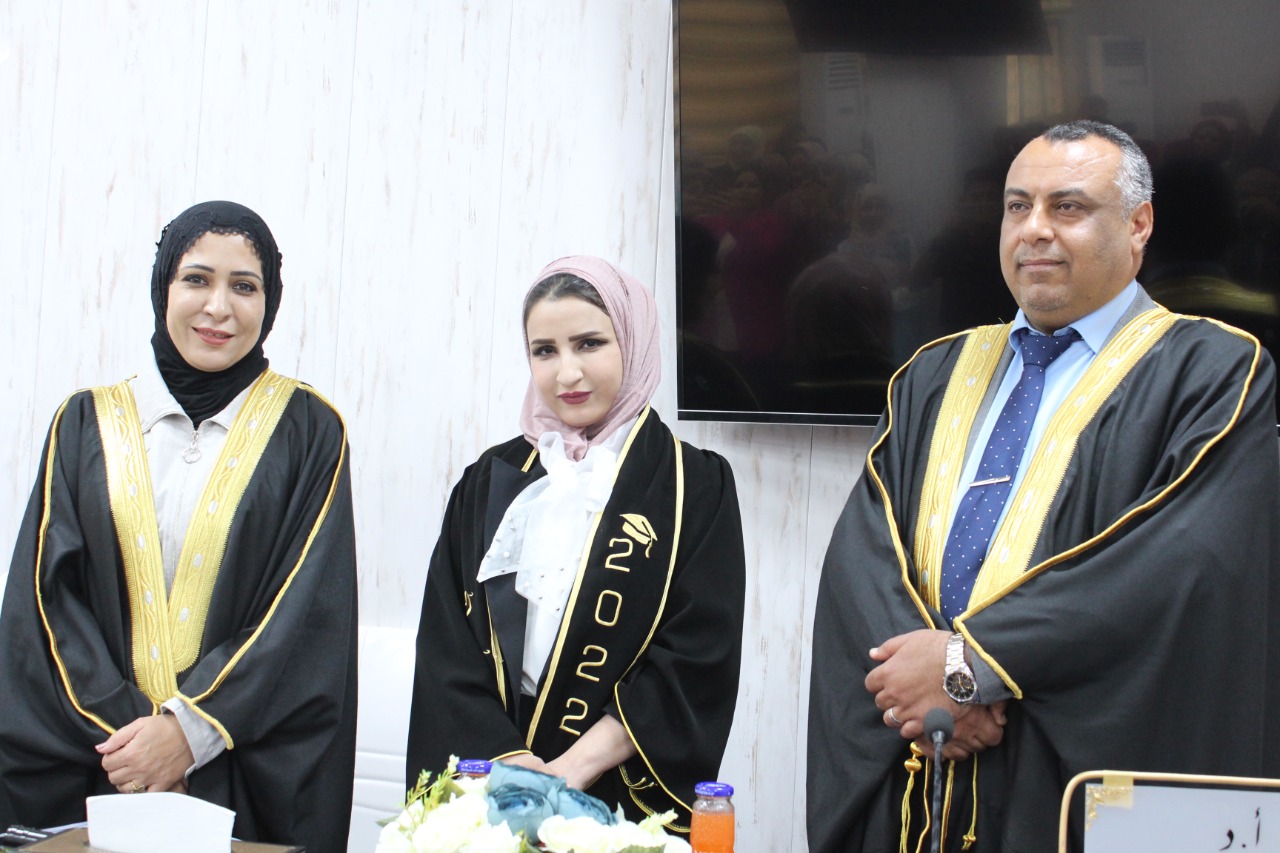
.jpeg)
.jpeg)


